Social Media has been a great tool for marketing and boosting your business, but it can be hard to know how to use it authentically. Medical education is one of the most important divisions of any healthcare system. It is something that you cannot get away from. With this comes the responsibility of teaching students about the basics of medicine and helping them learn even more about becoming professional clinicians and providers.
Nevertheless, imagine trying to find an online platform that could help you teach all this while generating content on the fly.
#1. Medical education has transformed over the years
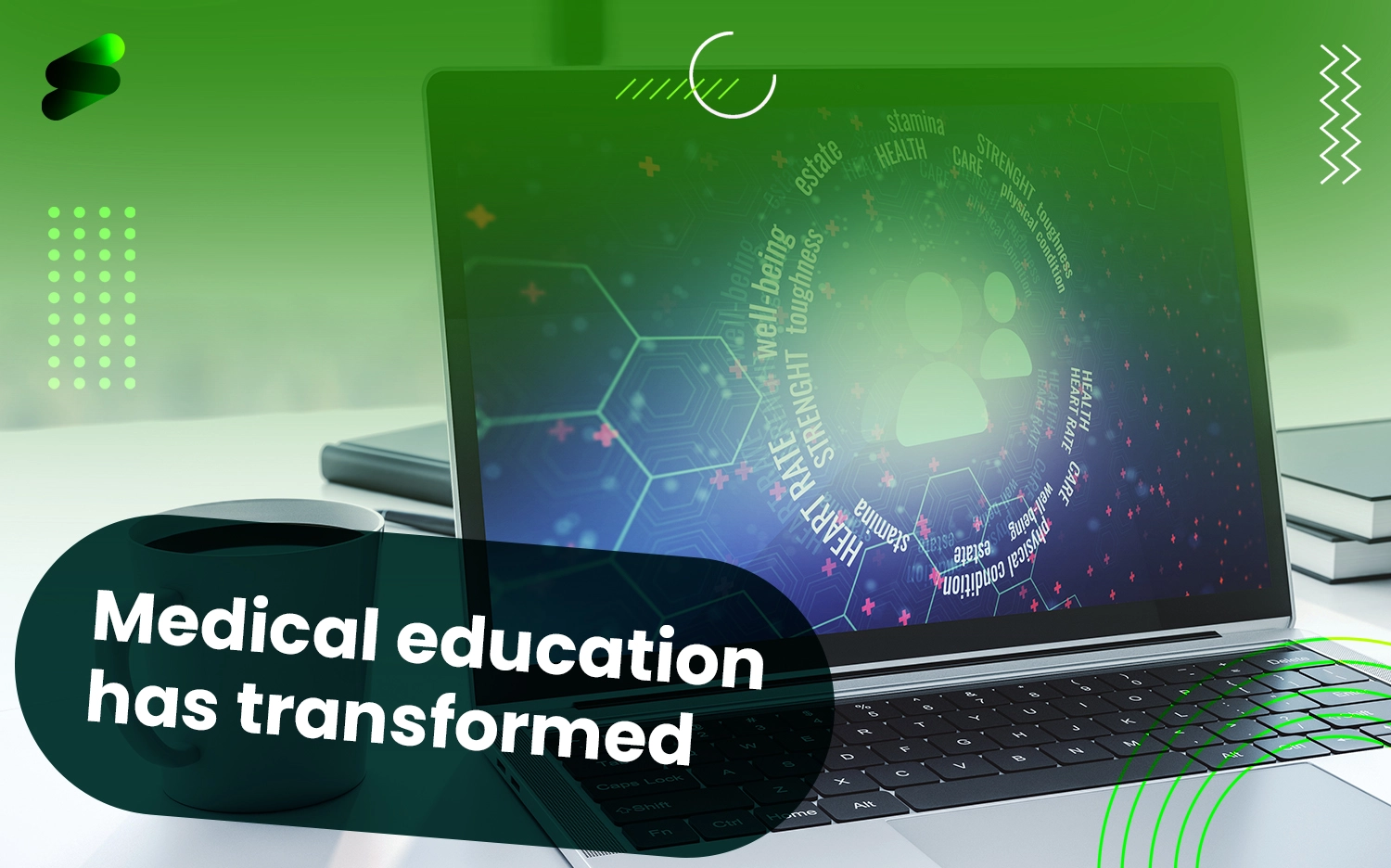
Medical education has changed over the years. The role of social media in medical education is far beyond what we can imagine and transforming. Social media can be a learning aid within European medical education.
The amount of information available on social media platforms is increasing every day, but this does not mean that it is easy to find everything you need on these pages or when looking at them from afar! I created this guide so you will know how to use these sites effectively when studying abroad or at home!
Grow with new social community
#2. Social Media in Medical Education
Social media can be a great way to connect with people, learn new things and share information. Social media has become a powerful tool for medical education in many ways: It allows doctors to stay connected with their patients. Patients who feel that their doctor is available when they need them are more likely to follow up on all recommendations made by their doctor. This means that social media provides a good way for physicians to stay in touch with their patients even though they may not see them as often as before—this is especially true for those who work limited hours outside of office hours or do not have an office at all!
Social media can help doctors share ideas on how best practices should change based on new evidence-based research findings (and vice versa). Sharing these insights quickly through SocioMee posts gives everyone involved access both ways: no matter where someone lives around the world, they will still receive all relevant updates directly from other practitioners who agree 100% with each other’s viewpoints so we can make quick decisions based on facts rather than opinionated articles written by authors whose only goal was making money off books written about health care issues without actually doing anything about improving quality care delivery systems themselves.”
#3. The role of social media in medical education is far beyond what we can imagine and transform
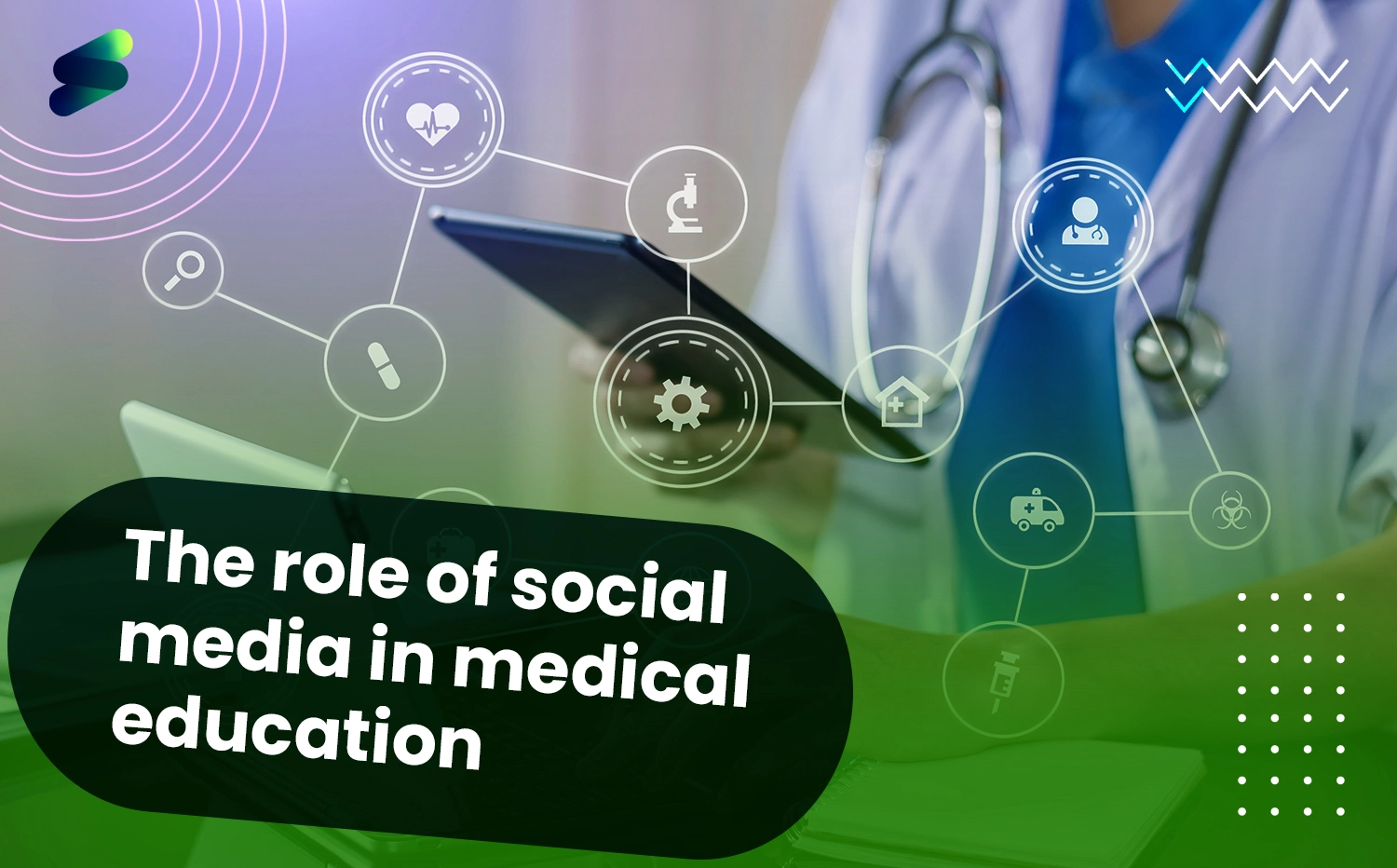
Social media has transformed medical education in several ways. The use of social media for learning, teaching and assessment is growing rapidly, as are its uses outside the classroom. Social media can improve communication between educators and students; it enables them to collaborate on projects; it allows them to share resources; it provides opportunities for professional development through peer-to-peer support groups or virtual communities that encourage dialogue around research topics.
Social media also provides opportunities for medical educators to interact with other professionals with similar interests or expertise in their field (and thus access new perspectives). As a result of this increased accessibility, there has been an increase in collaboration among colleagues from different disciplines, such as nursing school faculty working together on clinical cases involving patients with dementia or cardiovascular disease – something that would not have been possible previously because these issues were considered too specialized for most general practitioners (GPs) who were expected only by law suit standards.
Rise with the new social world
#4. Short research analysis for the use of social media in Medical Education
- Background: Social media has become an integral part of our lives. The Research Centre found that, in 2021, 71% of Europeans had social media accounts, and 88% were active users. Additionally, 93% of adults said they regularly used it for news and information on politics, the economy, health care and other topics.
Social media has transformed the way we communicate and share information. It has also become a powerful tool for medical education: it allows students to learn about their peers’ experiences and access resources that would not otherwise be available at school (e.g., videos). Students can more easily engage with each other on these platforms than they could in person or via email; they have more control over what content is available to them; there are no boundaries between real-world events (e.g., hospital closures) versus virtual ones (e.g., Snapchat stories); etcetera… - Methods: The study was qualitative research. It involved interviews with medical students, teachers and administrators in determining the extent of social media use in medical education. The researchers also analyzed data from a questionnaire administered to 73 participants at three European universities (the University of Florence, the University of Rome Tor Vergata and the University of Groningen) between January 2019 and December 2021.
The focus of this study was limited to social media use in medical education; therefore, no other variables, such as gender or age, were considered when conducting the analysis. - Results: The study found that medical students were more likely to see social media as a source of information rather than as a tool for promoting their careers. In addition, they were more likely to use social media for health-related purposes (especially when compared with other forms of communication). However, the students also discovered that these sites have many benefits beyond just providing information—they can also be used informally as a forum for discussions and exchanges about medicine-related topics.
These findings suggest that social media offers many opportunities for doctors-in-training inside and outside the classroom; however, there are still challenges associated with maintaining high levels of professionalism when interacting online. Further research should be conducted on how best practices can be implemented, so those working within healthcare settings feel comfortable posting content online while still upholding ethical standards set forth by professional bodies such as AAMC or ACCME. - Discussion: In this paper, we have discussed the use of social media in medical education. We have discussed how it has changed the way we learn and teach and the benefits that social media can provide to patients and healthcare professionals. We also touched on some ways social media is used for peer-to-peer learning and collaboration and for communicating information with others.
Social Media has become an effective tool for communicating with others about topics related to health care. It allows people worldwide to access information about their conditions or diseases anytime by simply going online or using apps on smartphones or tablets (2).
Social networking sites such as SocioMee allow users access not only through email but also through text messages so that they can communicate directly with other individuals around them without having anyone else involved when discussing sensitive issues like cancer treatment plans involving chemotherapy drugs which are toxic substances used in treating certain types
#5. Social media can be a learning aid within European medical education
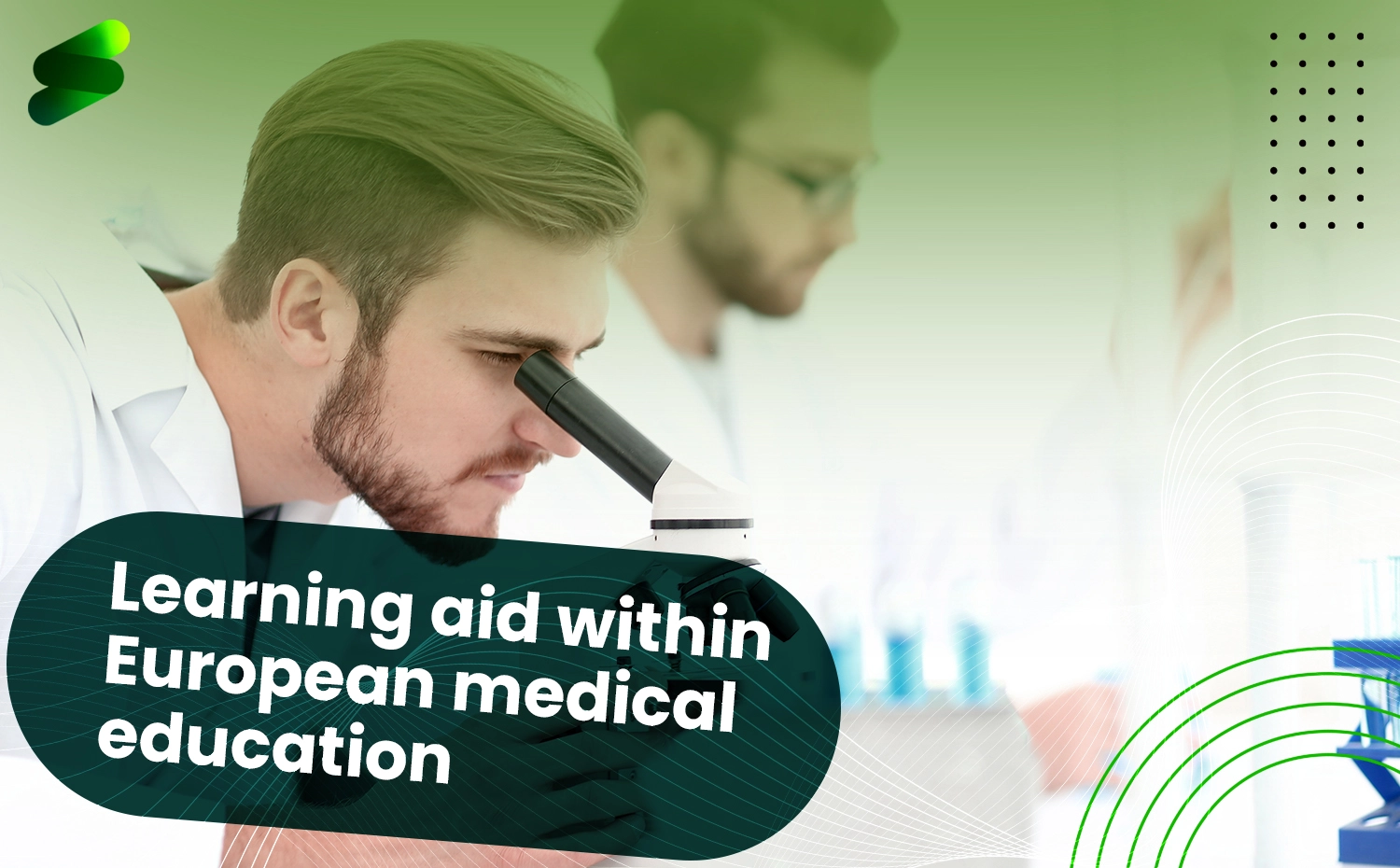
Social media can be a learning aid within European medical education.Social media is a way to connect with colleagues and share knowledge, and it can also be used for learning, teaching and assessment in medical education. Social media allows students to connect online via text or video messages (Vos et al., 2021). It allows them to discuss their work with others who have similar interests or may be able to provide useful feedback on what they have written/created (Vos et al., 2021).
This means that social media can act as a tool that helps students develop their skills throughout their coursework by providing opportunities for reflection on individual projects, increasing student engagement in the coursework process (Vos et al., 2021).
We have power to raise your social presence
#6. Social media applications have been utilized in learning, teaching and assessments in medical education
Social media applications have been utilized in learning, teaching and assessments in medical education. A growing body of literature explores using social networking sites (SN) and other communication channels to enhance learning outcomes.
The principal aim of this study was to determine if there was any evidence that social media could be used as a learning aid within European medical education. The findings indicate that SN can be a useful tool for improving patient care through its capacity to improve communication between health professionals, patients and their families/carers and provide opportunities for staff-patient interaction outside clinical environments.
#7. The development of a health education community online is one of the advantages
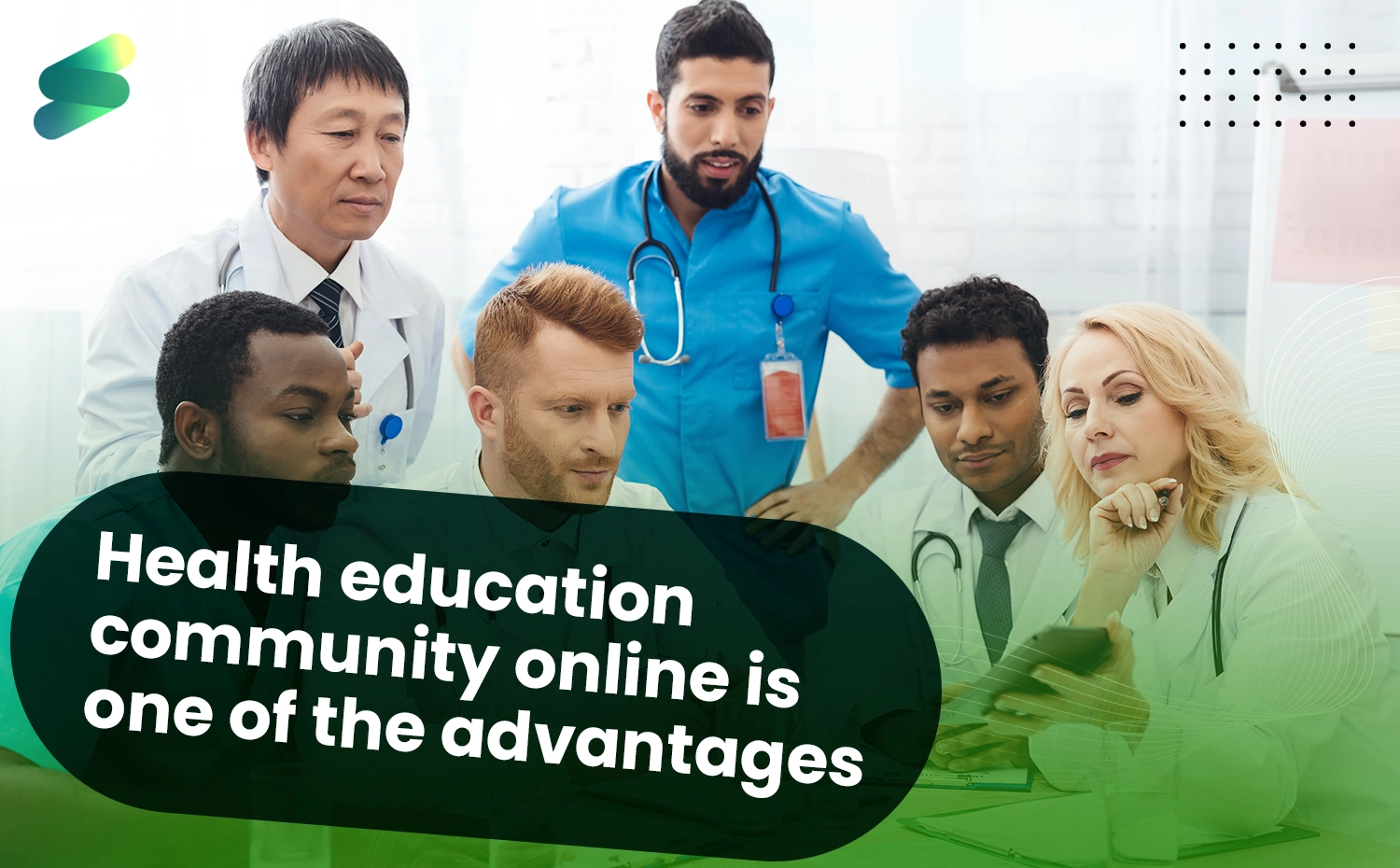
Social media is one of the most important tools for medical education. The development of a health education community online is one of the advantages because it can help to build up a healthy environment and promote better communication between students and professors.
#8. Social media also serves as a forum for discussion of difficult topics
Social media also serves as a forum for discussion of difficult topics. It is important to learn from each other, find solutions and understand each other. Social media communication allows us to connect with people who may not be in our immediate environment or geographic location. We can also use this platform to share our knowledge with others who may have similar interests or backgrounds to ours, increasing participation in medical education programs and awareness of healthcare delivery systems’ issues across the United States
#9. Learning from each other through peer-to-peer learning is another advantage
Learning from each other through peer-to-peer learning is another advantage. Learning from someone who has been in your shoes can help you feel less alone and more confident about your own experiences. The social aspect of a medical school experience is what makes it unique and special for me,” said one student at the University of North Carolina at Chapel Hill School of Medicine who has been involved with their online community since its inception six years ago. “I can connect with others who share similar interests as me because there are not many places where we can find such a supportive network online.”
#10. Social Media also allows doctors to collaborate with other experts and professionals on patient care, continuing medical education, social change and advocacy
- Social media also allows doctors to collaborate with other experts and professionals on patient care, continuing medical education and social change.
- By sharing information with others in the medical field and beyond, you can learn from one another about new developments that are happening across the world. This can help you stay up-to-date on all things related to your profession—especially if you are part of a large group like an association or society where many members share similar goals and interests as yours!
- Social media provides a great way to share research findings because they are easy enough for anyone (even those without extensive technical knowledge) who want access to this kind of information without having any previous experience in doing so themselves, directly through some first-hand experience.
#11. Social Media has its risks, such as confidentiality, privacy, professional behaviour and counselling others about health issues with limited information
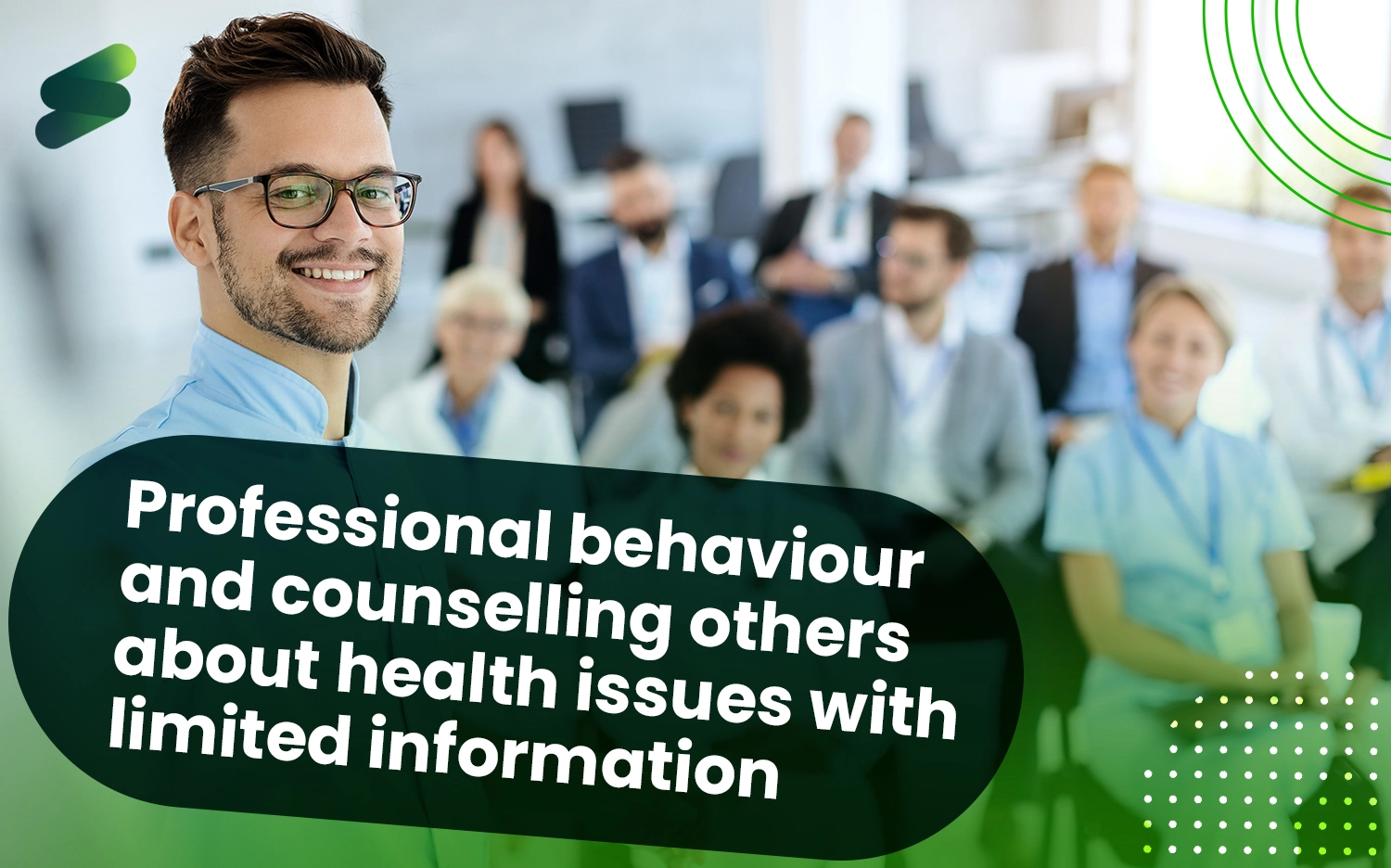
Because social media has become such an integral part of our lives, it is important to understand the risks and rewards associated with this medium.The use of social media in medical education has been widely debated over the years. While some have argued that it is a valuable tool for teaching, others feel that it should not be used because of its potential negative impact on patient care.
#12. Authenticity is a virtue to be followed in the use of social media in medical education
Authenticity is a virtue to be followed in the use of social media in medical education.Authenticity is an essential component of trust and credibility. It is important to be authentic on social media as it is a public forum where you will share your views with others who may not agree with you or even like what they hear. This authenticity will also enable us as medical professionals to reach out directly to our patients by providing them with information about their health conditions through our posts on social media platforms.
#13. Using social media for learning, teaching and assessment in medical education helps to reinforce the idea
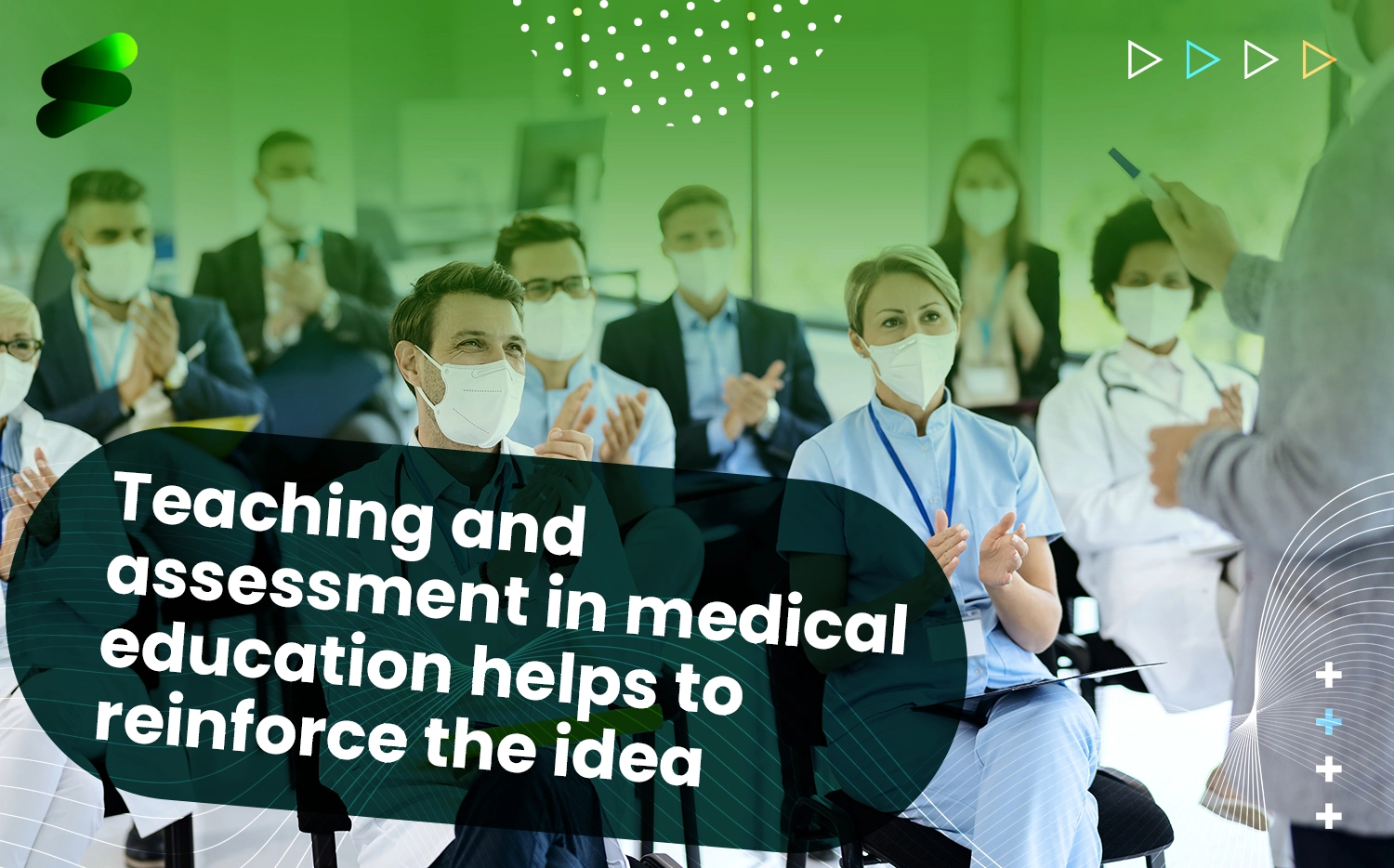
Social media is a tool that can be used to enhance learning, teaching and assessment. We believe it is important for us all as educators and learners to embrace social media because it helps us connect in ways that no other technology has before.
Social media has changed the way we communicate with one another; this makes it difficult for people who are not comfortable using technology or do not have time on their hands to learn how these tools work. We need more people willing and able to use these tools if they want them available at any given time so that everyone can benefit from their potential benefits!

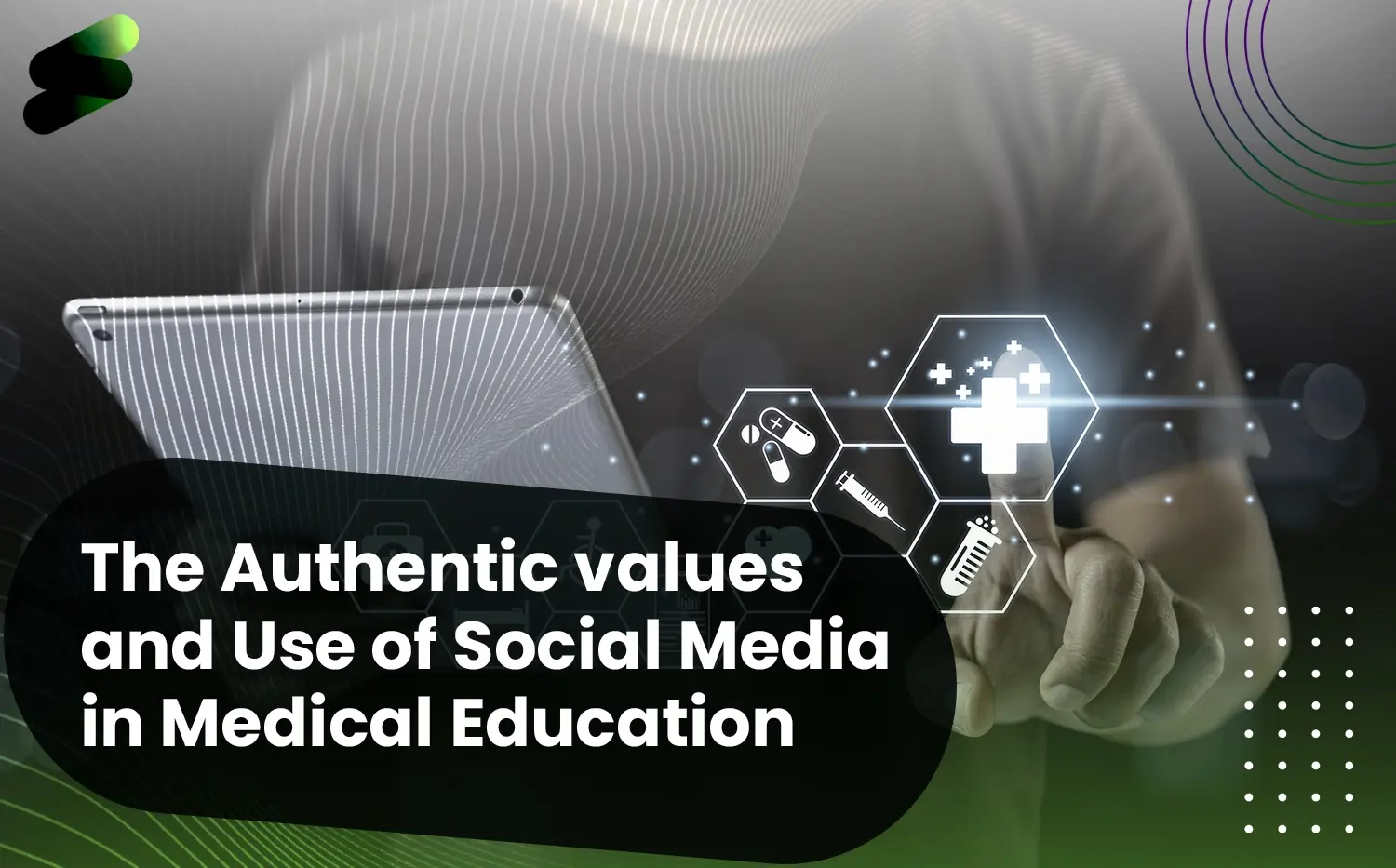
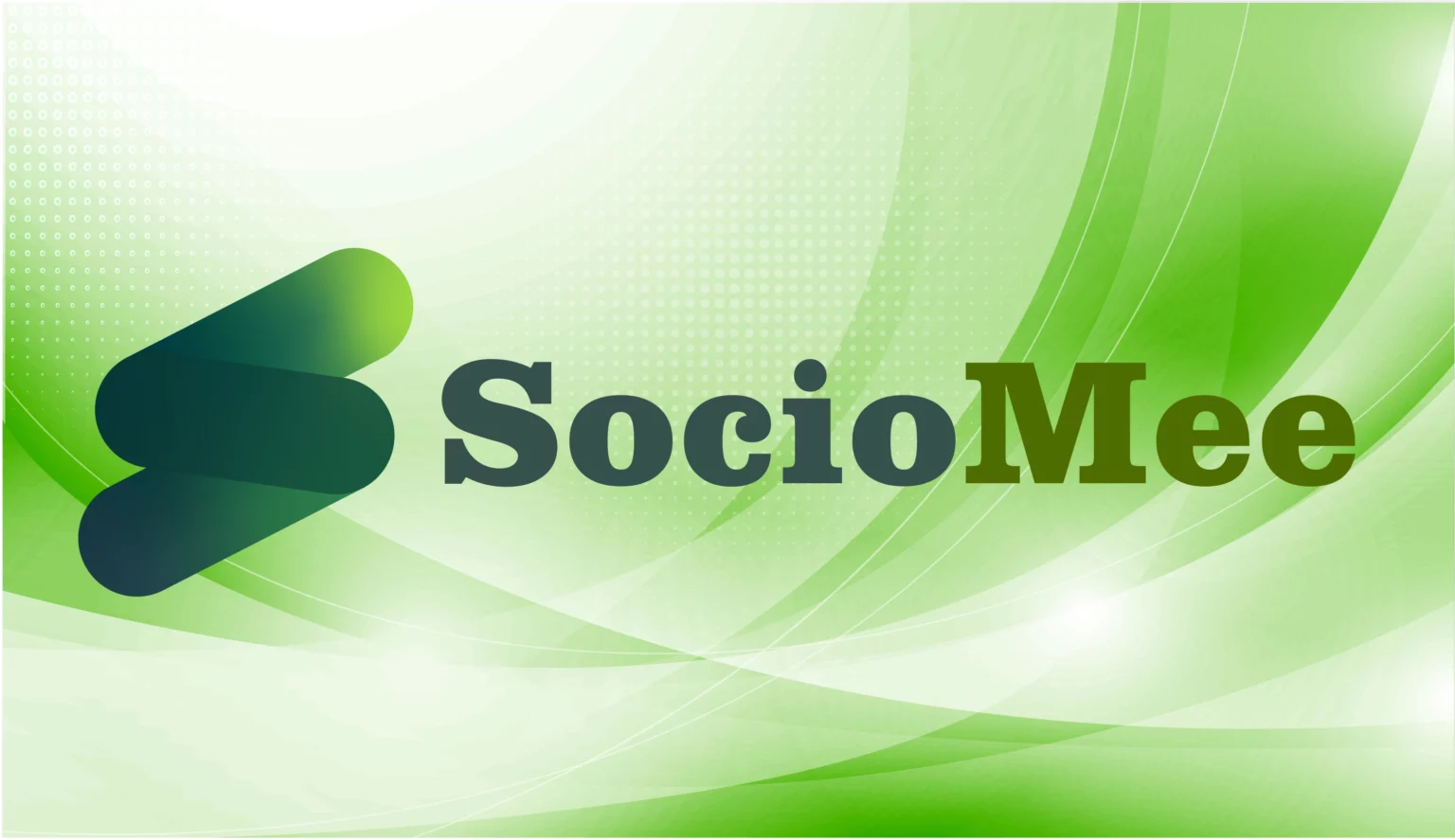
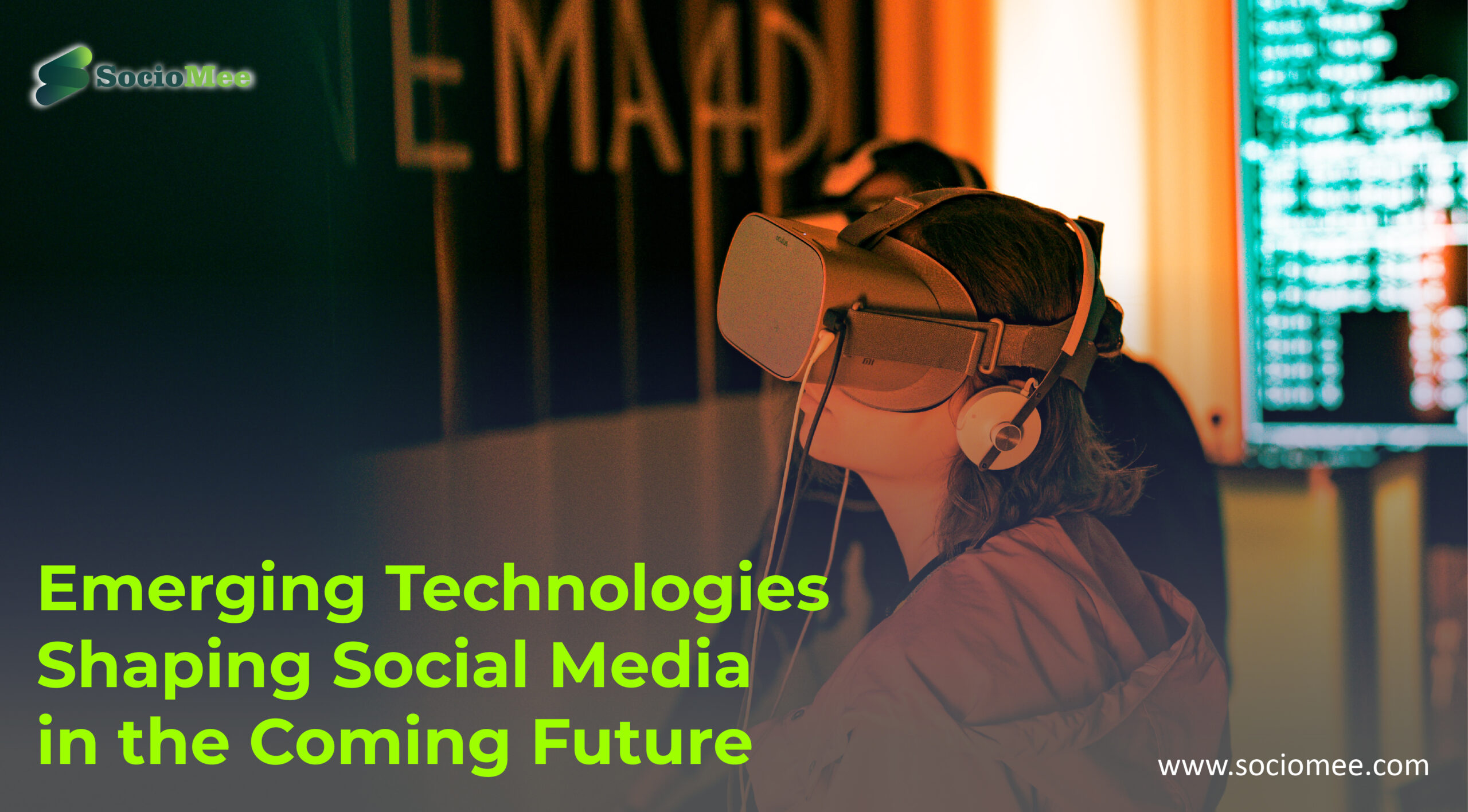
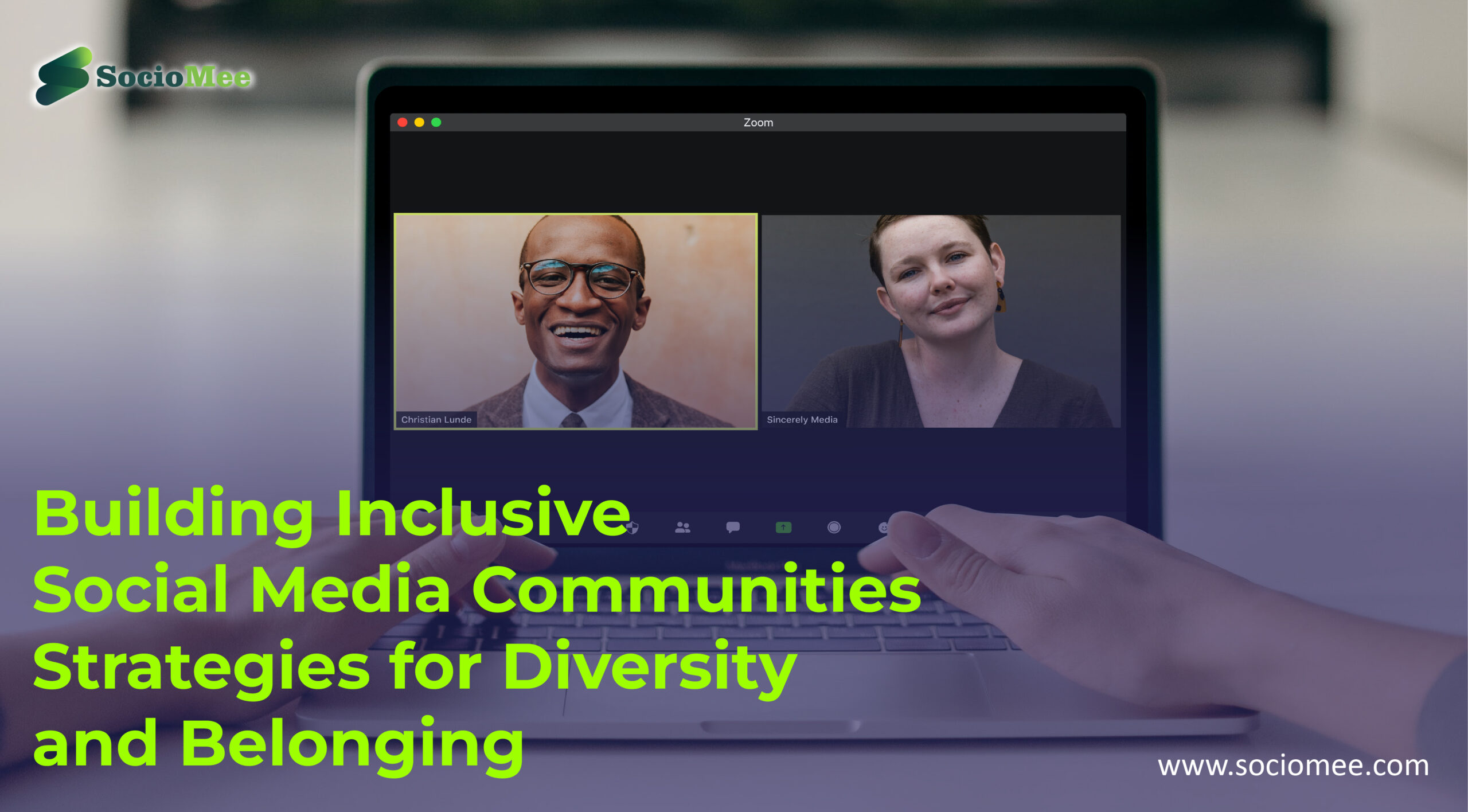
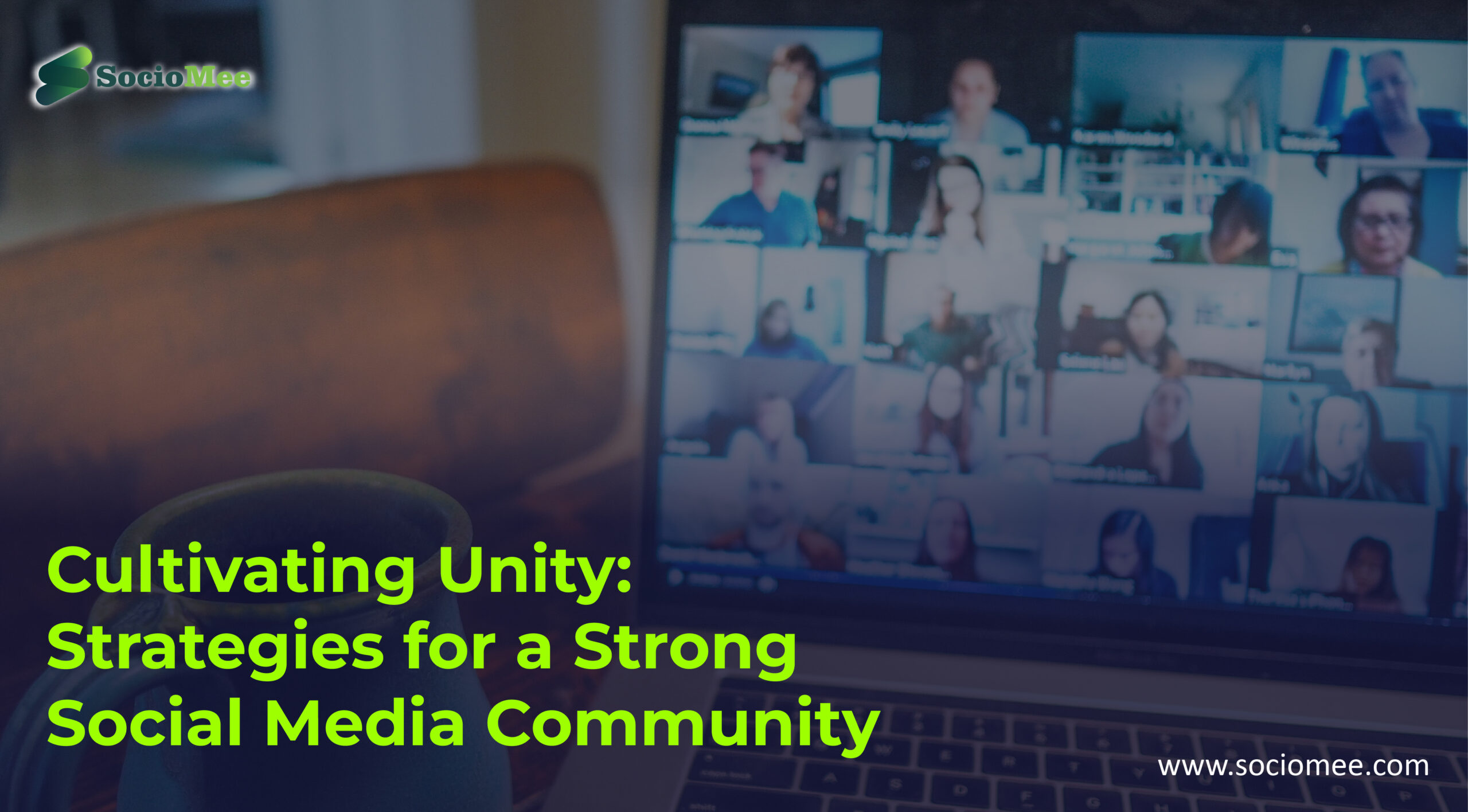




This Post Has One Comment
Very useful and so informative content. In my opinion, this one is one of the best articles you have written so far.